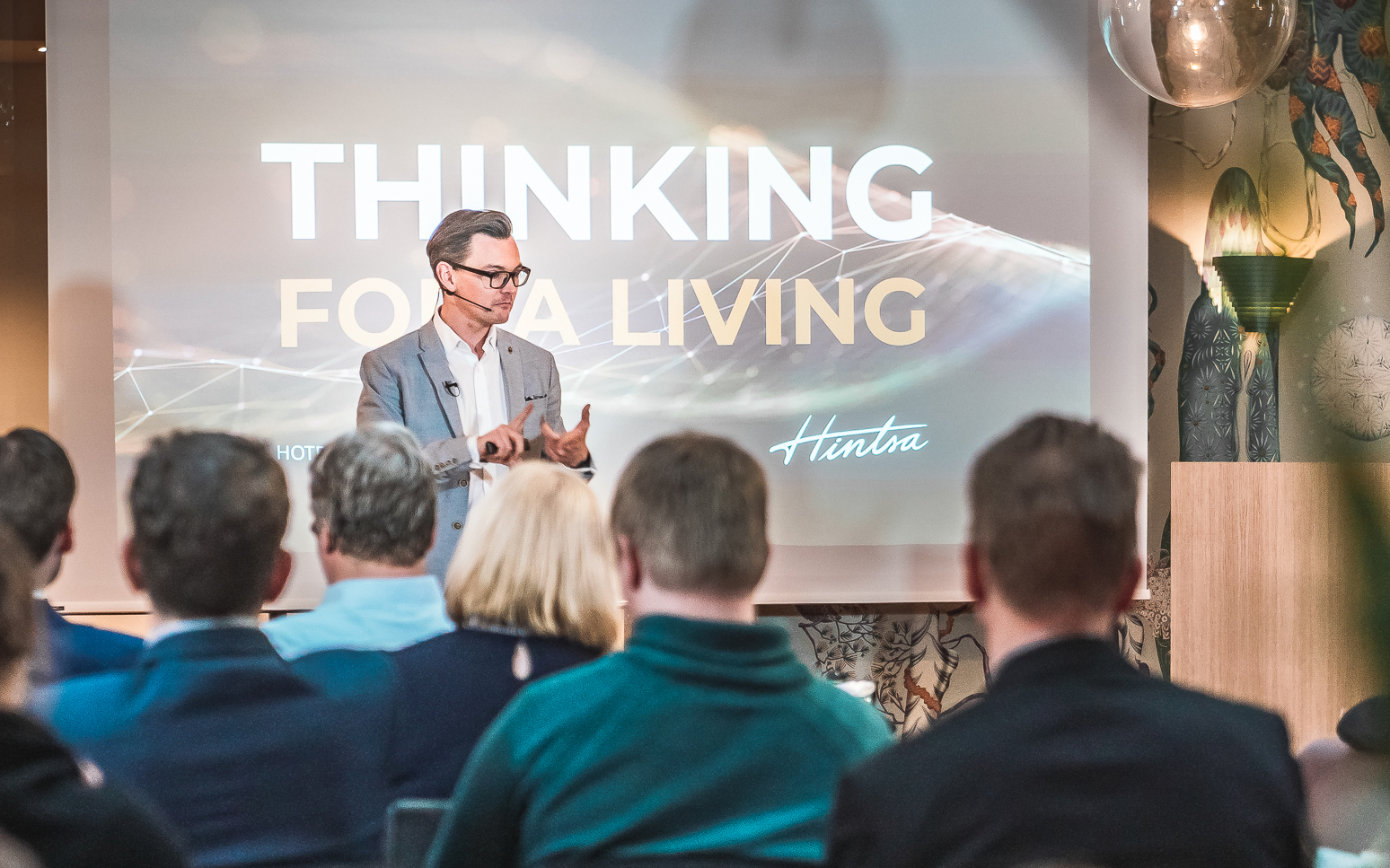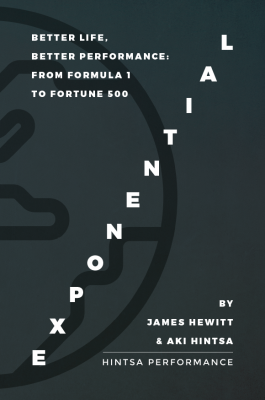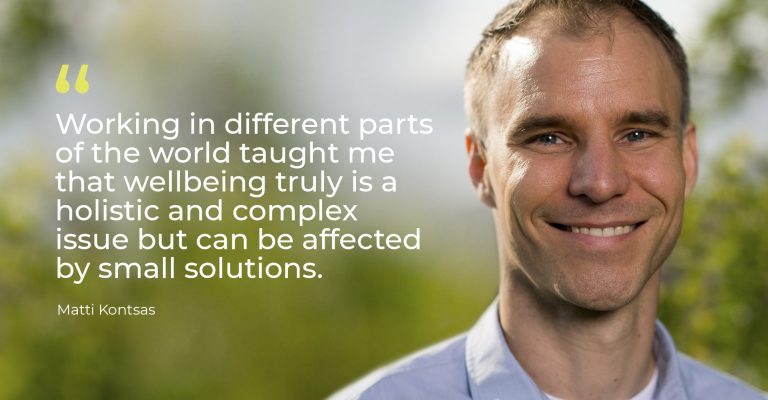Want to Optimise Your Mental Performance? Try This Simple Method

My working days often feel like a long-term mission. I’ve often wondered if I’m applying my cognitive efforts in the most efficient and effective way. Many of us would benefit from considering cognitive task load and emotional states in our work; where are we applying our best effort, where is it wasted and how can we restore it?
Dr Aki Hintsa and I often talked about how we could measure ‘Mental Energy’ – the energy we have to manage our life and environment. As I was looking around for a solution, I came across the Cognitive Task Load (CTL) method used in the Mars500 mission.
What is CTL method, and how to use it?
CTL provides a simple and portable way to indirectly measure how hard our brain is working. We can use it as a simple heuristic device, to help us assess the cognitive load associated with our tasks and try to optimise our mental performance.
We use our cognitive abilities to carry out cognitive work. These abilities include our executive functions, such as decision-making, organisation and planning and our cognitive control, including our attention, working memory and goal management. The CTL tool summarises how we apply and distribute these capabilities, and how this impacts our cognitive workload, using three dimensions:
Dimension 1) Time pressure:
The amount of time we spend working on an activity, relative to the time available, influences cognitive load. If we feel that we are under time pressure, resulting in us focussing attention and working without pauses, cognitive load increases.
Dimension 2) Switching:
During an activity, switching between tasks increases cognitive load. The more we switch, the more the cognitive load increases.
Dimension 3) Complexity:
Activities that require effortful thinking, rather than relying on automated or routine knowledge, increase cognitive load. The more complex the task, the higher the cognitive load.
Defining the cognitive load of an activity
Each dimension in the CTL method features a question to help you assess the cognitive load of a task. For example, imagine that you have a 10-minute break and decide to use your smartphone. You’re not under too much time pressure; however, you begin your smartphone session by browsing through your e-mail, then switch to Twitter.
We rarely consider our cognitive load and, as a result, we can miss opportunities to produce great work in periods of focussed attention
You see a link you are interested in, so you click on it, which opens your browser. You read the first paragraph on the page, but get bored, so you open Facebook: you’re switching tasks, a lot. Finally, consider complexity. The interface feels intuitive, which may trick you into thinking that complexity is low, but you are actually making a number of fast and conscious decisions: reading text, deciding on search terms, thinking about what to look for next.

Buy your copy of ‘Exponential’
A book by James Hewitt and Dr Aki Hintsa
Yes, I want the bookWe rarely consider our cognitive load and, as a result, we can miss opportunities to produce great work in periods of focussed attention, and also compromise our recovery by engaging in relatively demanding tasks, when we could be resting.
Consider a typical hour at work and answer the questions:
Question 1) Time pressure:
How much of the available time are you focused on your work? Have you allocated enough time for specific tasks?
Question 2) Switches:
How often are you switching from one process to the other?
Question 3) Complexity:
How complex, or routine, are the tasks that you’re engaged in?
Cognitive Gears
The three dimensions accumulate to give us a sense of the overall cognitive load for an activity, or given time-period. You can think about this cumulative load in the context of three ranges, which represent three ‘cognitive gears.’ For more insights on how you can apply your cognitive gears, download our white paper.

These three gears provide us with a useful heuristic device. We can use them as a quick and simple way to plan and reflect on how we are allocating our cognitive resources, and distributing cognitive work through the day. One of the starkest findings, when I tried this method on myself, as well as with clients, was how widely we distribute our attention. We rarely focus and we are often interrupted.
The above excerpt is from Exponential, a book by James Hewitt and Dr Aki Hintsa.
Interested in hearing more about our performance coaching services? Leave your contact details below and we’ll be in touch with you.



